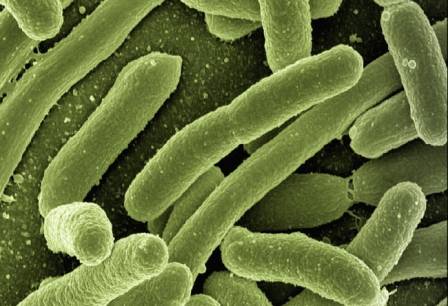Are you among those who’ve experienced the unfortunate predicament, where a bowel movement seems too large to pass and ends up causing pain? Be assured, you are not alone, and this is indeed a common issue faced by many. The discomfort can be enormous, but understanding the reasons behind it and implementing certain remedies can offer relief.
Understanding the Problem
The issue with painful bowel movements often arises due to a condition known as fecal impaction, which in simpler terms, means a large stool that has hardened and stuck in the rectum, thereby making it difficult and painful to pass. Consequences could include severe abdominal pain, bloating, nausea and even significant weight loss (only in extreme conditions).
| Common Reasons | Symptoms |
|---|---|
| Chronic Constipation | Difficulty passing stools, stomach ache, bloating |
| Dehydration | Dry mouth, thirst, reduced urination |
| Low fiber diet | Constipation, Hemorrhoids |
| Lack of physical exercise | Fatigue, constipation, weight gain |
Problem with the Poop that’s Too Big and Anal Fissures
It’s not a topic that people generally want to discuss openly, but both poop that’s too big and anal fissures are common problems that can affect individuals. While they may seem unrelated, these two issues are interlinked and can cause discomfort and pain. Let’s explore why this occurs and how to manage these conditions effectively.
When poop is too big, it puts immense pressure on the anal tissues. The stretching and strain can lead to the formation of anal fissures. These tears can worsen the discomfort while passing stools, creating a vicious cycle as the fear of pain may lead to further constipation.
This cycle of fear and constipation can cause a person to avoid passing stools, which can further aggravate the problem. It is important to address this issue and find ways to prevent constipation and promote regular bowel movements.
Implementing Remedial Measures
Once the problem of large, painful stools is identified, it needs to be tackled wisely to ensure good digestive health is reinstated. Here are few steps to consider:
- Hydration: Drinking plenty of water is essential in helping soften the stool and make it easier to pass.
- Eat a fiber-rich diet: Foods like fruits, vegetables, and whole grains boost your fiber intake, thereby promoting regular bowel movements.
- Physical activity: Regular exercise helps your digestive system remain active and healthy, reducing the risk of constipation.
- Over-the-counter medicine: There are various over-the-counter drugs available that can aid in softening the stool, but should only be used under a healthcare provider’s guidance.
Consulting a Doctor
If the usual remedies and over-the-counter medications don’t seem to alleviate the issue, it is important to consult a healthcare provider. Professionals may suggest prescription drugs, suppositories or enemas, or sometimes even manual removal of the fecal impaction for immediate relief.
In rare cases, when left untreated or if this happens frequently, it might lead to more serious complications like fecal impaction or even rectal prolapse.
In conclusion, the issue of painful, large stools, although initially discomforting, can be managed and treated effectively. Remember, early identification and mitigation of the problem can save one from distress and further complications. Always take serious note of your bowel health as it’s an integral part of your overall well-being.
About the Author
Reyus Mammadli is the author of this health blog since 2008. With a background in medical and biotechnical devices, he has over 15 years of experience working with medical literature and expert guidelines from WHO, CDC, Mayo Clinic, and others. His goal is to present clear, accurate health information for everyday readers — not as a substitute for medical advice.







